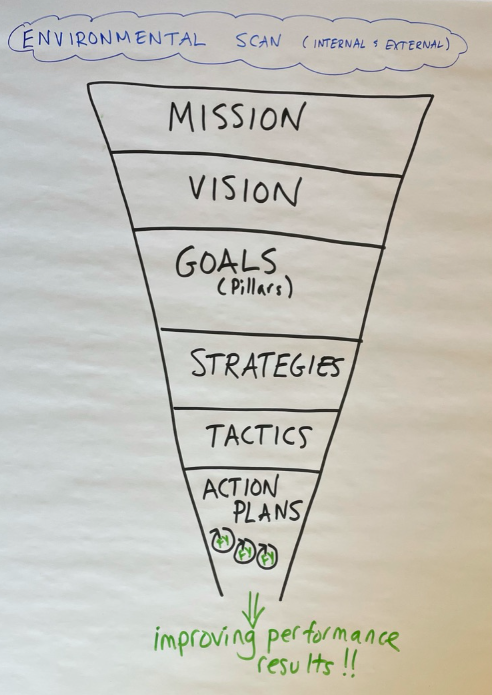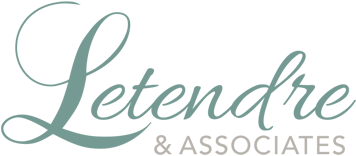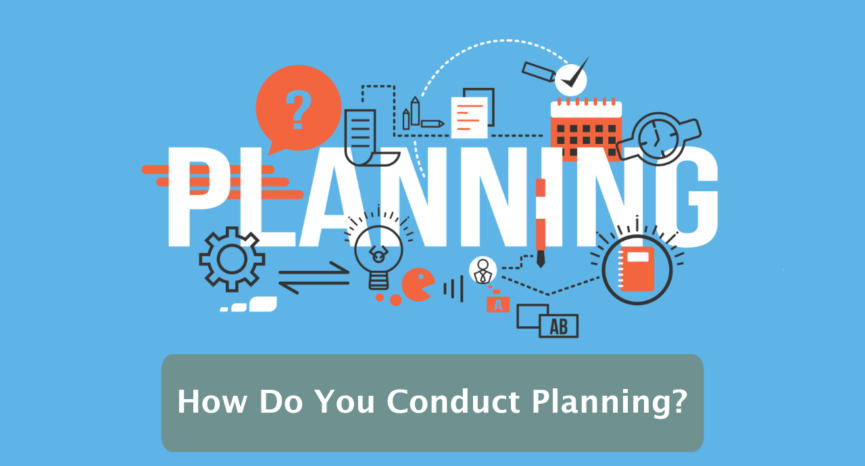How Do You Conduct Planning?
There are shelves of books written on planning. There are innumerable approaches and models. Yet, I am still struck by the fact that high-performing organizations, who have earned the highest-level of recognition for performance excellence, tailor their approach to their organizational situation. There are core elements they include.
Having done strategy and planning work myself for close to 25 years, and having learned from many of these high-performing organizations firsthand, I do not prescribe a particular planning approach either. Rather, I first seek to understand the particular organization, what the senior leader is seeking to accomplish vis-à-vis planning, the pace of change in its sector/industry, the market dynamics that the organization operates within, its current level of organizational performance, etc.
That said, I offer some insights for you to consider as you examine and improve your organization’s approach to planning.
Environmental Scan
While strategic direction setting often involves making decisions about the future and other unknowns, it is wise to create common understanding about the knowns.
An environmental scan brings together data, information, and insights about both internal and external factors.
- Internally this often includes a review of organizational performance on all dimensions (for example: quality, customer, financial, workforce, culture, and others).
- Externally this often includes market presence, competitors and collaborators, customers’ needs, and others).
The environmental scan should involve, or at least inform, the key participants in the planning process and create a common understanding of the environmental context. Often this includes articulating strategic challenges, advantages, and opportunities.
Setting organizational direction
Senior leaders have a responsibility for providing clarity about the organization’s direction. This is often expressed in the form of an articulated mission, vision, values, and goals. This articulated direction should not simply become words on a plaque but rather should guide decision-making including around resource allocation and all forms of prioritization.
Prioritization
Planning is a prioritization process. It is about making choices among alternatives.
I often draw it as a funnel:

At the broadest level is the organization’s mission and vision. In order to fulfill that mission and achieve that vision, there are numerous goals (strategies, tactics, action plans) that could be pursued. Given limited resources of time, energy and money, senior leaders must choose which are most important to pursue and accomplish in any given timeframe.
Integrated planning
Depending on the complexity of the organization including its size, scope and sector, the organization’s planning system may simply have strategic planning and action planning phases that are well connected. For other organizations, an integrated planning system where strategy is translated into tactical plans in advance of action planning is more impactful. These tactical plans may include HR/workforce planning, technology planning, capital planning (to name a few).
Regardless of the complexity or simplicity, the key is alignment and integration of plans. Plans should guide actions and move the organization forward together.
Budgeting is a planning process and one that I find organizations often struggle with how best to integrate it within their planning approach.
Outcomes
A key differentiator of high-performing organizations is translating the strategy and action plans into desired, measurable outcomes. These outcomes delineate, in the form of key metrics, what the plans are intended to accomplish. They should be articulated in advance.
They are used to assess if we are making substantial progress and whether we need to adjust, refine, add to, or accelerate our plans.

If you’d like to receive these Inspirations in your inbox every other week, you can subscribe to Kathy’s Excellence Advantage Inspirations Newsletter.
Kathy Letendre, President and Founder of Letendre & Associates, advises organizations and leaders to create their excellence advantage.
Contact Kathy by phone or text at 802-779-4315 or via email.

